Ouagadougou, 05 May, 2022 / 10:40 pm (ACI Africa).
The military leadership in Burkina Faso needs to do “much” more to address the plight of the people of God in the West African nation who are yet to see “a strong signal in terms of peace”, the Cardinal in the country has said.
Burkina Faso is currently under the leadership of Colonel Paul-Henri Sandaogo Damiba who spearheaded the coup that ousted President Roch Mac Christian Kaboré on January 24.
In an interview with ACI Africa Wednesday, May 4 on the sidelines of the Plenary Assembly of the Regional Episcopal Conference of West Africa (RECOWA), Philippe Cardinal Ouédraogo called on the international community to come to the aid of Burkinabes.
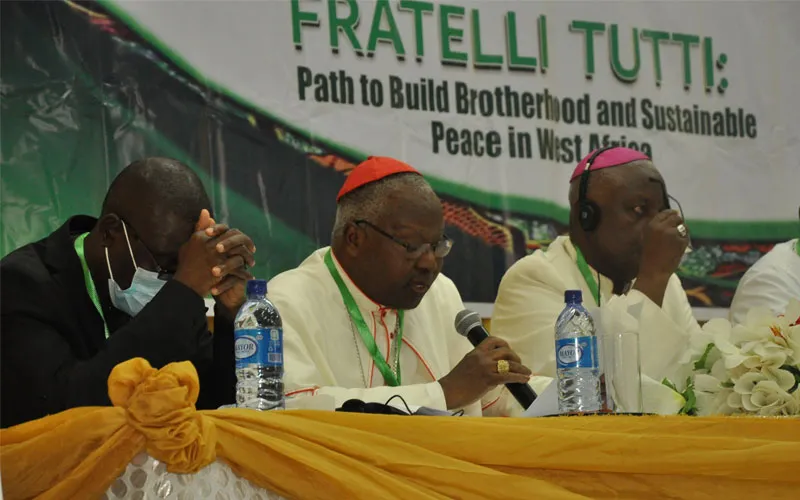 Credit: CSN
Credit: CSN
“Since 2014, our country has been in a serious crisis. The military leaders say the coup was intended to put an end to insecurity and bring peace to the nation,” Cardinal Ouédraogo said, and added, “Our people are really suffering and much is expected from the military leaders to bring back peace and stability in our country.”



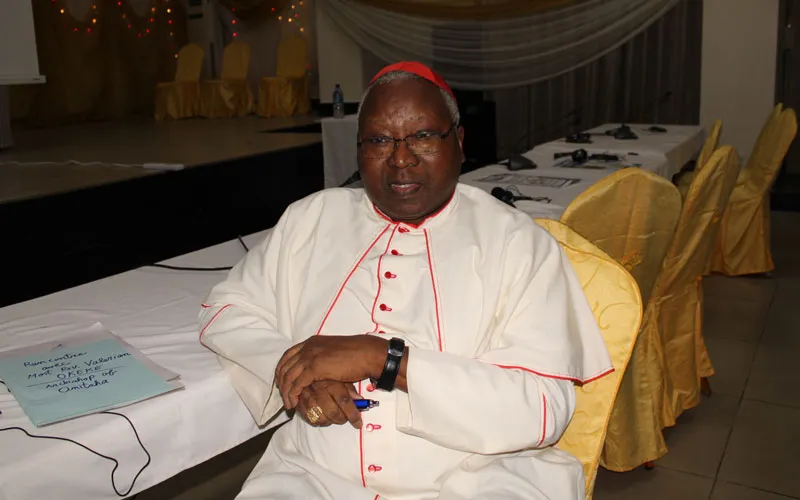
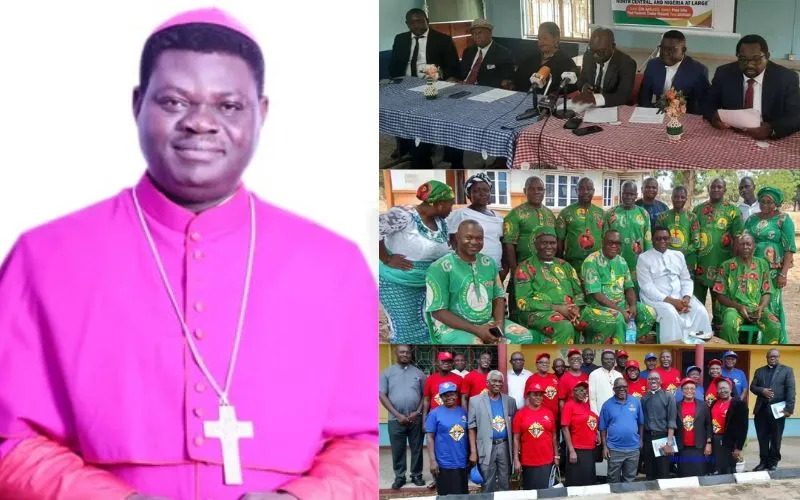
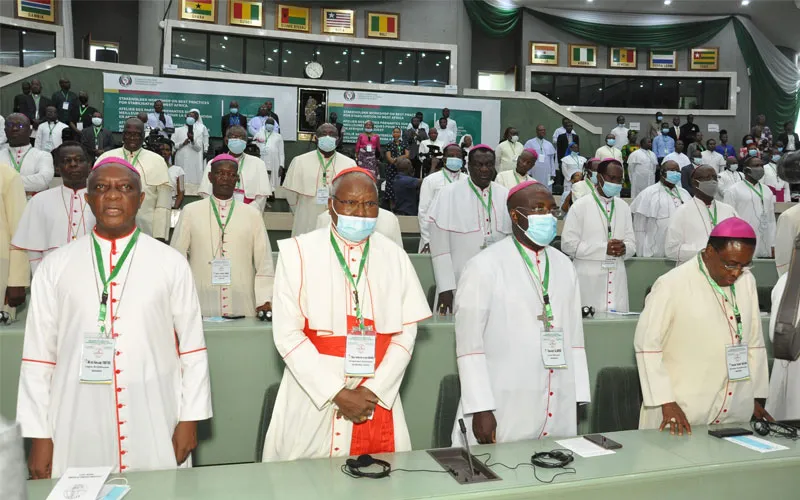 Credit: CSN
Credit: CSN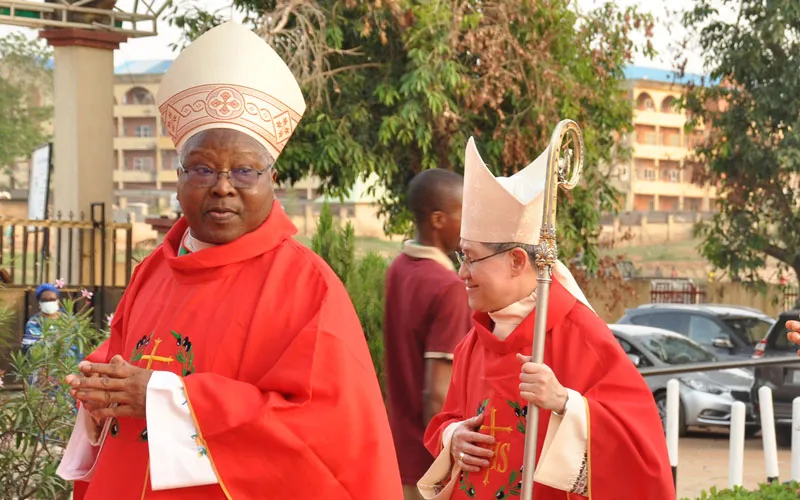 Credit: CSN
Credit: CSN


